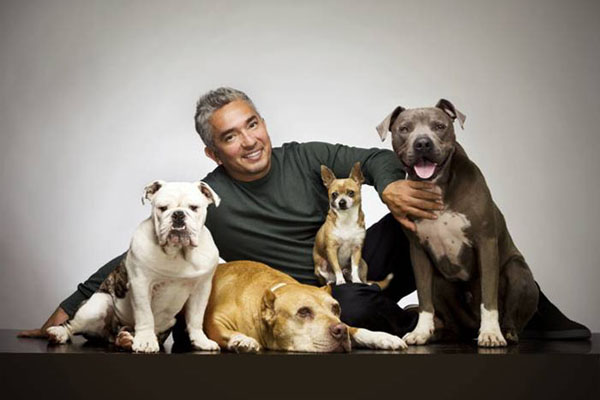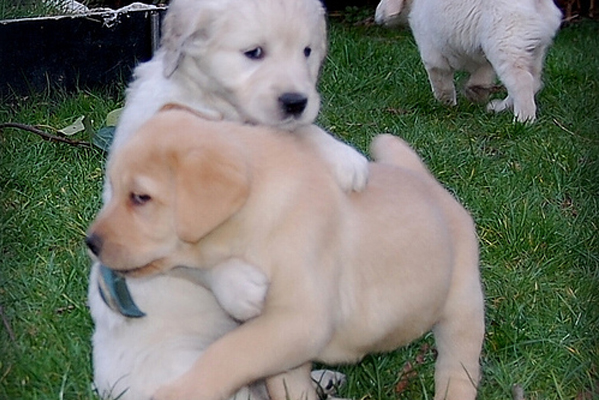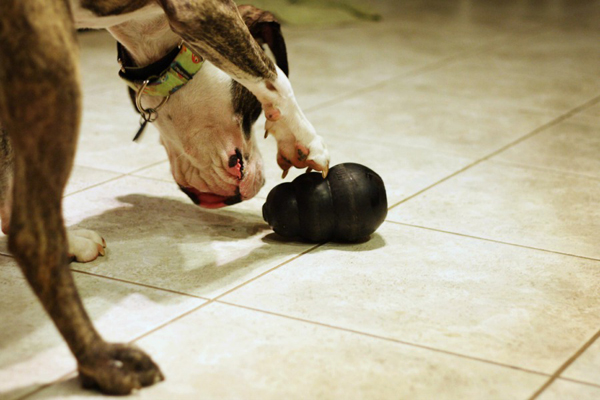We call it the ‘doggie language’, but do we really understand what a happy dog looks like? Frightened? Submissive etc.? Our dogs communicate in far more ways than some might give them credit for. Wagging their tail is just one of many ways to communicate, their posture, ears, teeth and eyes also communicate certain feelings as well. Here is doggie language, debunked: Happy Dog Wagging tail is one of the signs we identify the most with hapiness in a dog. But there are other ways to know that your dog is content.…
Read MoreCategory: Training
Cesar “Dog Whisperer” Milan’s incredible bounce back from dangerous lows
Cesar Milan’s life is finally looking up after he suffered a dangerous low in May 2010 when he attempted suicide that left him unconscious and hospitalized. Today, life is looking up for Cesar, who has a new television show, a book, a tour, a documentary, and if she says yes– a fiance. Click here to read the whole story here.
Read MoreWhen puppies play, young boy dogs often let the girls win — anything to keep the game going
Did you know that puppies start to form play partner preferences very early in development (prior to 7 weeks of age) and their preferences for play with the same individuals intensifies over time? This was found in a study published in prestigious scientific journal Animal Behavior. The study also found that puppies almost never balanced out their play style (i.e. took turns being in the top dog/bottom dog roles). Lessons learned? We shouldn’t necessarily break up play just because it looks one sided. We should let the dogs decide. If…
Read MoreWhy your dog gets more bored with some toys than others
You give your dog a new toy only to find he/she neglects it after seconds of play? You may be able to avoid this from happening in the future as a recently released study is shedding light into which toys will either interest or bore your dog. The study, published in the journal Animal Cognition reveals why some dogs lose interest in a toy just after a minutes play while other toys become their favorites. John Bardshaw, co-author of the study and a researcher of University of Bristol’s Veterinary School says that because we think…
Read More



